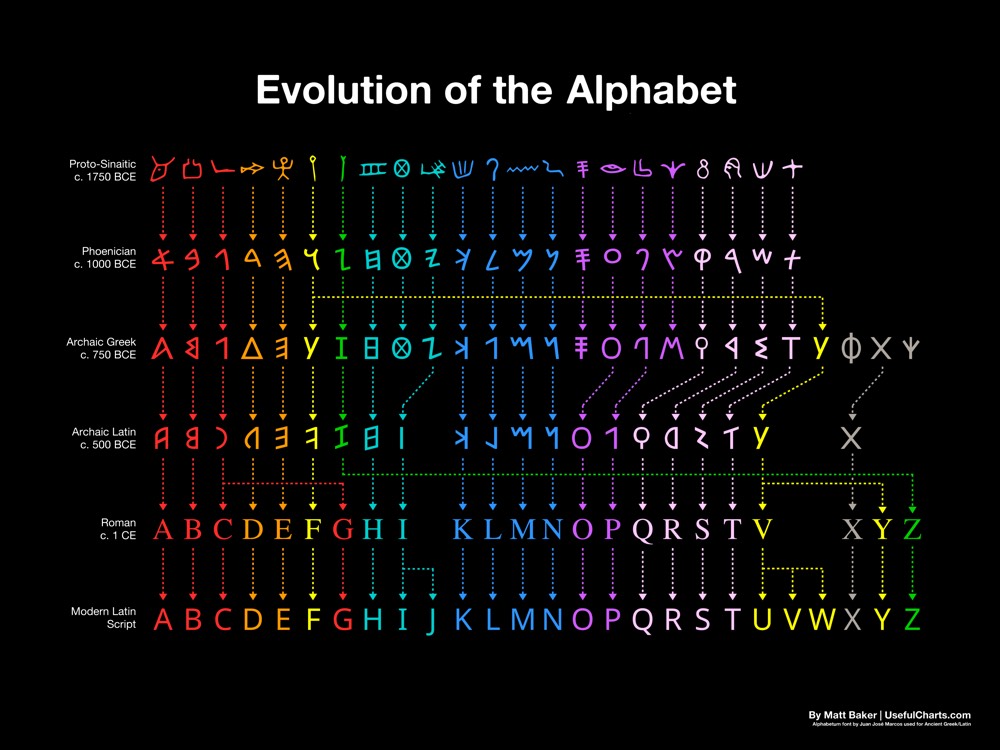Sam Altman, President of Y Combinator (incubator that spawned Reddit, Airbnb, Stripe, Dropbox, Coinbase amongst many others) put out a blog post yesterday that should be required reading for anyone entering the tech industry – or indeed any career.
‘How To Be Successful’ contains a huge number of key lessons that are worth their weight in gold for anyone who has an active interest in the direction of their career. Let’s take a look at some highlights…
Never underestimate the power of compounding
A general rule across everything in life: the tiny things you do each day constitute the habits that will define your success (or otherwise).
Build up your knowledge and skills a little each day – the sooner you develop any skills, the bigger the impact will be over a number of years. Welcome to the power of compounding.
“You don’t want to be in a career where people who have been doing it for two years can be as effective as people who have been doing it for twenty—your rate of learning should always be high. As your career progresses, each unit of work you do should generate more and more results. There are many ways to get this leverage, such as capital, technology, brand, network effects, and managing people.“
Be both confident and self-aware
Successful entrepreneurs are often borderline delusional. But they’re basing their beliefs on the absolute certainty that they hold inside themselves that they will never – ever – give up. Just as Lao Tzu wrote, even the persistenr dripping of water will wear away the rock.
“Most highly successful people have been really right about the future at least once at a time when people thought they were wrong. If not, they would have faced much more competition.“
Being great at communication is essential
You must be able to clearly communicate in order to convince others – to join you, buy from you and to support you. Written communication is the great testing ground for such skills (hello bloggers).
Don’t get comfortable
Risks and failure are essential. Most people are far too risk averse and unable to choose the approaches that have the greatest benefits, on balance, for their future lives.
“Most people overestimate risk and underestimate reward. Taking risks is important because it’s impossible to be right all the time—you have to try many things and adapt quickly as you learn more.“
Focus…but only on the right things
Don’t just work hard. Work only the right things. And once you’ve spent the time (that most people never get round to) identifying what those things are, burn through that work as fast as possible. As he says:
“I have yet to meet a slow-moving person who is very successful.“
In working hard, you have a new job – discover how to avoid burning yourself out. For some, it’s sport, friends, healthy eating, meditation. The details don’t matter. But drop the idea that working hard is a bad thing.
It’s up to everyone to gauge themselves what that means in terms of what you ‘miss out on’ as a result of that extra graft. So it’s crucial to find work you’re passionate about and people you enjoy working with.
Harder problems are more fun
You’ll find it easier to attract people who are keen to join you on that journey if you’re focused on fixing a massive, world-changing problem.
Be helpful to others
It used to be called networking. But to this day, that always conjured up images of behaviour that’s mercenary, a calculated career ploy. Focus on helping others wherever possible. Given a sufficiently long timescale, most people want to repay the favour – and often it’s the most random of connections from the past that has the chance to change your life (something I’ve experienced a few times now).
Don’t sell your time
If one of your career goals is to focus on making money (above the standard subsistence requirements for you and your family), you’ll never do it by simply selling your time – ie relying on a salary. You’ll do it by building up assets that continue to provide a revenue stream over time – owning assets that rapidly increase in value.
Be internally driven
For me, this is the single most important point of any so far. If you define success by the standards of others, your life will be harder and it’s likely to be less impactful. You’ll make decisions about your life according to the judgements that you think others will make about your choices.
“Eventually, you will define your success by performing excellent work in areas that are important to you. The sooner you can start off in that direction, the further you will be able to go. It is hard to be wildly successful at anything you aren’t obsessed with.”
Plenty to take on board there. But for my money, the last one is the key to it all.


